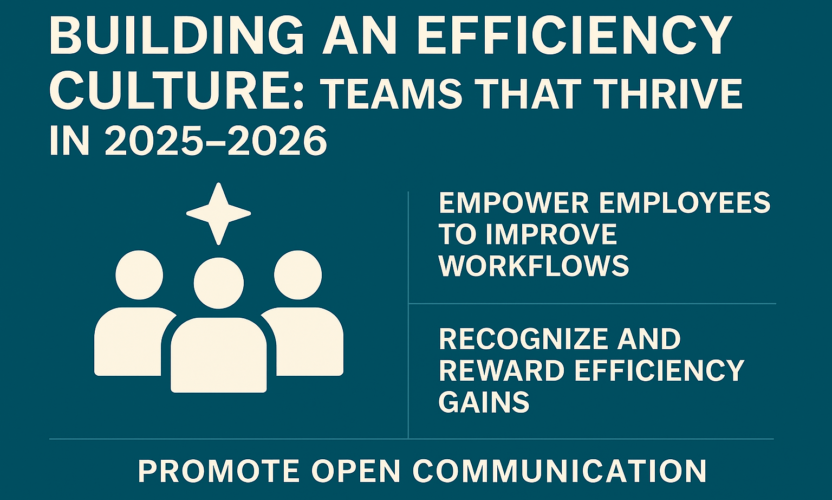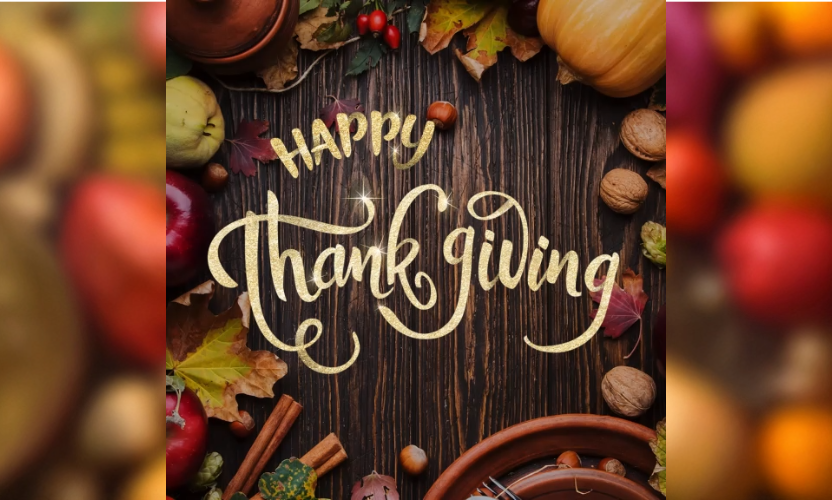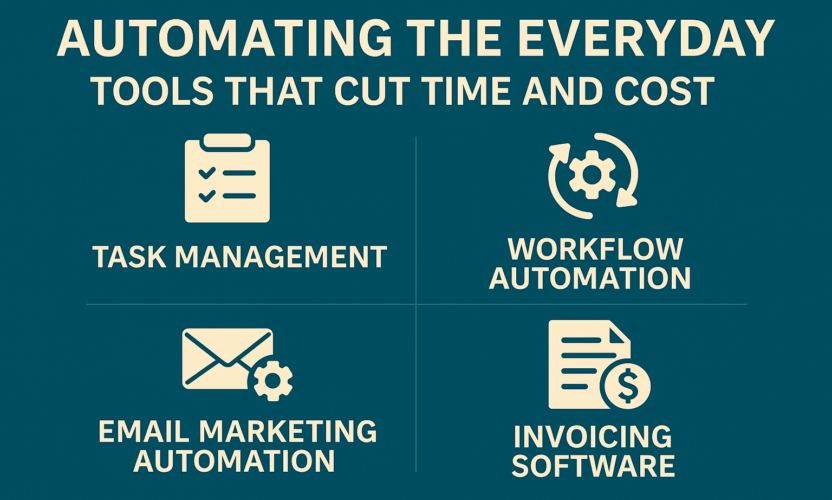12.12.23 - Cannabis Banking & Legislation: Bob Dylan Got It Right
12.12.2023In 1964, Bob Dylan wrote the song "The Times They Are A-changin'." He hoped his protest anthem would inspire the movements that would spark societal change. Even today, Dylan's lyrics still relevant to the cannabis industry and the congressional battle over federally legalized marijuana.
The lyrics of the song include:
"Come senators congressmen
Please heed the call
Don't stand in the doorway.
Don't block up the hall…
For the times they are a-changin'."
These words personify the legislative activity surrounding the SAFE Banking Act, first introduced in the House of Representatives in 2021. The Act would prohibit federal banking regulators from penalizing an institution for providing banking services to legitimate cannabis-related businesses (CRBs). What this means is that industry participants would be able to deduct ordinary cannabis business expenses from their federal income taxes. Some retail cannabis businesses currently pay 70% or higher in income taxes.
It has since passed the House twice and sent to the Senate only to languish without a vote.
The industry, now some $33 billion, is currently "regulated" by a maze of agencies, state, and federal jurisdictions. 38 states, DC, Guam, Northern Mariana Islands, and US Virgin Islands have legalized cannabis for medical or recreational purposes.
More than 800 financial institutions worked with legal cannabis companies in Q2 of 2023, a 5% increase from last year.
In 2022, the American Bankers Association (ABA), on behalf of banks in all 50 states, made the industry's position clear in a letter to the U.S. Senate's leadership.
In part, the ABA wrote, "The SAFE Banking Act is a widely supported, bipartisan legislative solution. Because federal law prevents banks from banking cannabis businesses." "The industry is operating primarily in cash... which causes significant public safety concerns and undermines the ability of cannabis regulators, tax collectors, law enforcement and national security organizations to monitor the industry effectively."
As the the U.S. Senate seemed poised to move forward with cannabis reform, a broader legalization bill was reintroduced. Jerry Nadler, the top Democrat in the U.S. House Judiciary Committee, introduced the Marijuana Opportunity, Reinvestment and Expungement (MORE) Act. The legislation (HR 5601) would legalize cannabis at the federal level, provide expungements for some cannabis offenses, and create opportunities for those impacted by prohibition.
First introduced in July 2019, the MORE Act faces a major hurdle from the get-go. The 2023 iteration of the bill faces an immediate Judiciary Committee test, being chaired by Jim Jordan, who voted against the MORE Act in both 2020 and 2022. The 2023 text for the MORE Act is identical to the bill passed last Congress on the House floor.
Support for the measure has grown among congressional Republicans, even as most of them oppose efforts to legalize adult-use cannabis. Senators have pointed to a recent rise in robberies at cash-heavy dispensaries as a reason for backing the bill.
Yes, "The Times Are A-changin'." In August 2023, the U.S. Department of Health and Human Services (HHS) recommended that cannabis be rescheduled from its current classification as a Schedule I substance to Schedule III under the Controlled Substances Act (CSA).
Bill Meagher, business journalist and contributor to The Deal, shares his honest thoughts on the cannabis industry's "progress" in California. Because of the state's tax situation it costs legal growers, “40 percent more to operate than illegal growers." Meagher says, "The Feds have failed to conclude that cannabis is ‘ok.’”
Cannabis, he reasons, needs less onerous and clear regulations at every level. The cannabis industry can't obtain SBA loans, which are crucial for small and medium-sized businesses. Prompting an increased desire for cannabis lending from 420 friendly banks.
Dave Joves, TASI® Bank president, said that recent regulation changes have made it possible to reach out to all cannabis businesses for the first time. "Because we spent a great deal of time studying the industry, we have a good understanding of its needs and how we can support businesses."
"Early on, we understood that there would be significant regulation and that we needed to do our homework," Joves said. TASI completed its first cannabis-related transaction in the same year.
Hitesh Bajaria, Regional Vice President/Business Development Manager at TASI® Bank, expanded on this notion, "we have developed a reputation as a bank that understands the cannabis marketplace and how we can help cannabis businesses."
TASI® Bank recently announced that it will provide CRB loans, banking, as well as cannabis credit lines, to Tier I California providers:
- Medical and retail dispensaries
- Cultivators
- Testing services
- Transportation companies
- Branding and packaging businesses
- Professional service providers (legal, accounting, real estate)
TASI® Bank's research into the cannabis market began eight years ago. Since then, TASI® Bank has provided nearly $20 million to Tier 2 and Tier 3 operators in cannabis business loans.
With over $500 million in net assets, the cannabis friendly bank has been serving cannabis industry customers for over five years.
TASI® Bank has adopted a moderately aggressive stance, giving full recognition to restrictions, working with regulators, and creating clear internal guidelines.
It could be 18 months to several years before we see the DEA's proposed cannabis rescheduling rule. The DEA doesn't have to follow HHS's recommendation. It could decide to place cannabis in a different category or not reschedule at all.
How ironic that, fifteen years after Dylan wrote "The Times Are A-changin’," he released “Slow Train,” which seems to be the cannabis industry’s new anthem.




